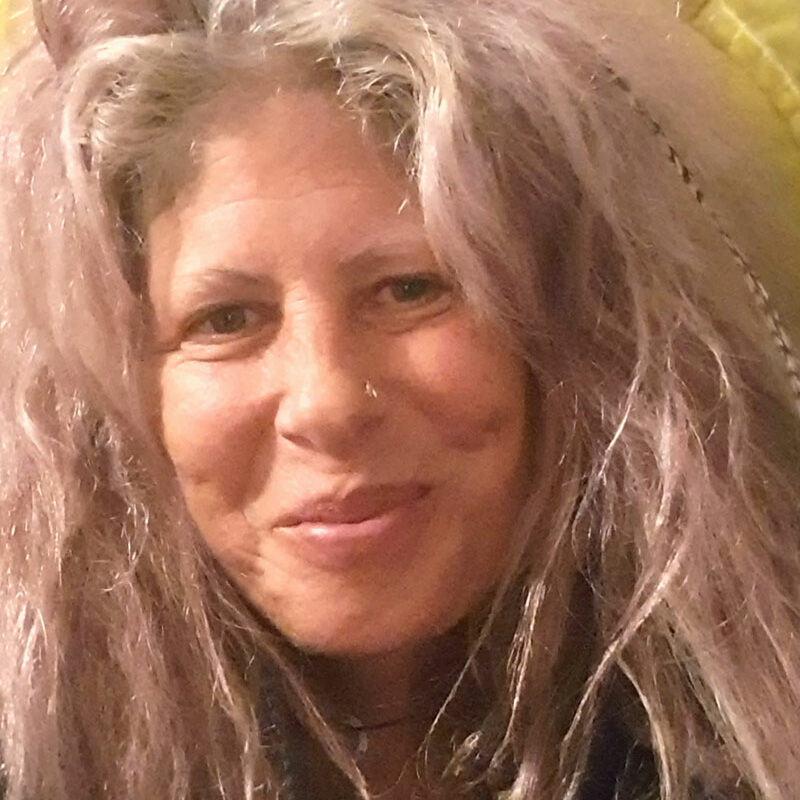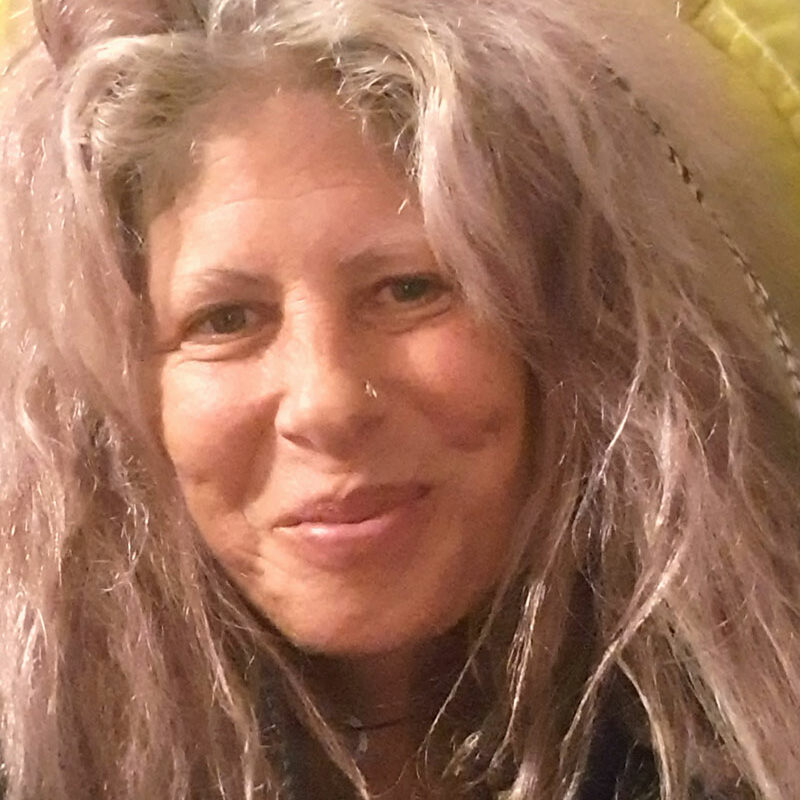A deep, creative and transformative process, which supports you through your holistic awakening journey and individual personal health revolution
Talking About Addiction
31/01/2014//
Talking About Addiction
31/01/2014//
‘Talking About Addiction’ by Rowena J Ronson and Nigel Summerley
RJR: What do you think if you hear someone is an addict? Be honest now. Do you judge them? Do you think that they deserve whatever is coming to them, even if that means a tragic and early death? Do you go into the self-righteous, high-horse part of yourself that feels that you know better? Do you consider addicts weak no-hopers? I want to explore in this Double Take dialogue addiction in all its glory – the good, the bad and the ugly. And trust me, there is good. It is part of the human condition to be addictive and sometimes it serves us very well. Can you admit to being addicted to anything? And if so, how does that addiction serve you?
NS: If I hear someone is an addict, if I am honest, I am intrigued to know their story. Judging them has no point. Addicts are human beings, and if we take on board some of the things we have discussed previously, they are us. I want to know more about the addict because I am (potentially or actually) also that addict. I think it would be interesting to go into whether addiction has a positive aspect, since it is so generally seen as a total negative. Am I addicted to anything? I am addicted. Just as everyone else is, I suspect. But I would sooner look at the general rather than the personal, at least initially.
RJR: I agree it would be good to investigate and even celebrate the positive, and I am happy for it not to be personal – for now at least! – but how about we try to explore and understand what it is like to be addicted to something or someone first. The AA say that addiction is a force more powerful than ourselves. It takes hold of our lives and makes them unmanageable. It turns us into unhealthy, selfish, single-minded deceivers with value systems that do not serve us or those close to us. They say that what makes us susceptible to an addiction is an underlying co-dependent family existence. What do you make of that?
NS: This idea of addiction being “a force more powerful than ourselves” doesn’t quite work for me. Surely, the addiction IS us. We are the addict, the addiction. It does not come from out of nowhere and take us over. It is us. It is what we are. But yes, that thing that we are may well be the result of family and upbringing – or could perhaps be the result of a lack of family and upbringing. Can you give an example of what you mean by an “underlying co-dependent family existence”?
RJR: We can discuss further about the power from beyond, but to answer your question, what I observe from the addicts in my clinic, is there is an underlying feeling that their needs are not being met. As a result they might create a relationship and/or relationships were they are co-dependent – unhealthy, symbiotic dynamics early in life, perhaps with a parent, where both parties are feeding themselves in the relationship out of an unconscious desire to fill a gap. Where there is a genetic susceptibility to addiction, and addiction in all its forms is being played out by family members, a young person can easily switch their co-dependence into an addiction to repetitive thoughts, anxious or depressive behaviour, love and relationship addictions, or a dependence on alcohol, cigarettes or drugs where they lose control of themselves, much like in their early relationships where they played out a co-dependent role.
NS: It does seem that when one’s needs are not met, or one is confused or dissatisfied, then one is likely to try to remedy that by getting involved in something that is potentially addictive – this could be alcohol, drugs, religion, work, sex or a relationship. All can be escapes from facing what is really going on. It seems that you are saying that this scenario can be played out in early life in relationships within the family. What is the need of the addict that is not being met? Is it the same need in early life as it is in later years?
RJR: Well, we could say that the need is “love”. This might feel like a lack of attention, or a relationship where we are not met or we are misunderstood, but ultimately, a lack of unconditional love in our fundamental relationships while growing up, that continues to manifest itself as we get older. What do you think? This can create the potential in us to over-focus on those whom we can bond with, creating an over-need for them, a symbiotic relationship.
NS: I think you are right in saying that love – or the lack of it – may play a major role, and that the search for love (conscious or unconscious) may lead to destructive situations. But how much does this explain addictive behaviour? It could explain addictive behaviour in sex and relationships. But what about other forms of addiction? Does the desire for sensation also spring from a lack of love? Does the desire to take risks and to indulge in things which are, according to society, taboo also come from this? And what if that unconditional love is being given but it is being rejected? Is this a manifestation of rebelliousness or anger? Or something else?
RJR: One school of thought is that addiction is a brain defect, genetic and associated with the chemical dopamine. And, of course, addictions are not always taboo. Many are encouraged by society, for example, our obsessive addiction to sugar and unhealthy food. I am intrigued by your question about unconditional love. I am curious to know when you think unconditional love might be given to a child and would be consequently rejected? And as adults, do we ever give love truly unconditionally? Do we not always have an agenda, even if it is unconscious? Even if the need is only to fill our own gaps or inner fear of loss? Like sugar, alcohol is also accepted and encouraged in our society. I cannot see how it would be a manifestation of rebellion, anger or something else – I think it is quite the opposite – a need to confirm and fit and follow the crowd.
NS: Chemicals may well play a part, as they may do in much of human behaviour. And yes, some addictions are not taboo – taboo might only be a factor in some cases of addiction, ie insisting on tasting the forbidden fruit. I think many, many parents do give unconditional love to their children – but that doesn’t mean it is accepted. I think some children find unconditional love disturbing or even repellent, and so will refuse it or react against it. I think it is rare for adults to give unconditional love to each other. Wasn’t Jesus Christ said to be preaching unconditional love? In that particular story the offer of unconditional love ended up with his being nailed to a cross… which is rather disturbing. Just because unconditional love is given, it does not mean it will be accepted. Eating unhealthy foods and drinking alcohol can certainly be a way of conforming, but surely it can also be a way of rebelling – by taking their consumption to the extreme. Is the person who is obese or alcoholic perhaps not only practising self-harm but also rejecting something – perhaps family, perhaps society or the wider world? In a way, all rebels and revolutionaries are conforming to a pattern, aren’t they? Whether addiction is conformity or rebellion, we are left with the question of why it appears to be such a powerful and potentially destructive force? Why do we choose to destroy our bodies and lives? There are chemical forces at play – but also psychological ones, aren’t there?
RJR: “Insisting on tasting the forbidden fruit” jars with me a little. It feels judgmental to me. And I am struggling with the idea that parents give unconditional love but it is not accepted by the child. Why would a baby find unconditional love disturbing or repellent? The baby, once turned into an older child, might well do, but this would be because of what has gone before. I also think that by calling Christ’s work a ‘story’ implies it is fictitious, and you might offend some of our readers. His offering of unconditional love did not result in him being nailed to a cross. It was far more complicated than that, as you well know. I believe, from working with many addicts in my clinic, that by eating or drinking to the detriment of our health, we cover up or hide ourselves, to run away from the reality of ourselves. I think it is more about rejection of the self than rejected family or society. And fundamentally, addiction is a trick of the brain for which the addict is victim. Addiction is a disease. There can be underlying psychological issues, but that is not always the case.
NS: I was using “forbidden fruit” in quotation marks – society’s quotation marks, not mine. If something is illegal or proscribed, then it can carry a great attraction. And I was talking of children, rather than babies, rejecting unconditional love. I used the word “story” in relation to Christ deliberately, since a story can be either true or fictitious; we can all make up our minds about what kind of story this one is. Either way it does illustrate human beings rejecting the way of love, as we all do to such tragic consequences.You said that the addict may simply be in need of love – a love which is either not given, or which the addict cannot accept or receive perhaps? Addiction does seem to be a type of running away, as you suggest. And it could be running away from what we are – or from what we are not. It could be that family or society have only minor roles in this drama. Can we look at this “trick of the brain” idea in more depth? Are you saying that this is a chemical/physical malfunction of the brain which gives the addict false information? Or is it a psychological denial of what the addict is – or isn’t? Or something else? I think this could be really important to go into.
RJR: I am not a neuroscientist but if you look at the work of the late Dr Candace Pert, and in particular Molecules of Emotion, and also Dr Joe Dispenza’s book, Evolve Your Brain, you will read how plastic our brains actually are and how our nerve cells have multiple receptors, which we train with our thoughts and the substances we put into our bodies. Once dopamine is triggered by an addictive substance, our mind – and therefore our being – wants the same substance more and more in order to receive the same pleasure that it gave us to start with. The AA believes that the only way to stop that constant need is to abstain from all addictive substances and surrender our will to God.
NS: Yes, I’ve read Candace Pert but not Joe Dispenza. This gets difficult. The brain is certainly incredibly plastic. But do we train the brain with our thoughts? Or do thoughts, necessarily, come from the brain? We have a chicken-egg situation here. Do we create our thoughts or is it the case that we ARE our thoughts? Surely, there is no separation between thinker and thought, is there? Whatever way we cut this, our brains and their immense potential certainly get messed up. And pleasure plays a huge part in this. Pleasure – as opposed to joy – seems to be tied in with the need or desire for repetition. Whatever it is we are addicted to, whether it be drugs, alcohol, sex or soap operas, that thing is pleasurable very largely because when we get it, the craving for it ends. But the ending of the craving, the ending of desire seems always to be temporary. Only when the ending of desire is permanent, can we be free. Does abstention mean the ending of desire? Or the suppression of it? And as for AA and “surrendering our will to God”, if that is something akin to the ending of desire by dissolution of the self, then that sounds promising. If it’s just religious waffle, it may not be so promising.
RJR: I would suggest that abstinence suppresses as it interferes with dopamine production and consequently, our desire for its release. But this is only because dopamine has been stimulated in the first place by the addictive substance. I tell my patients who are addicted to chocolate, for example, to move the chocolate in their minds from right in front of them, to the other side of the room and beyond. I explain that with abstinence, their desire for it when it is out of reach, weakens. The cravings for dopamine release lesson over a matter of days. I explain how we crave with our brains, not our bellies, and if we tell ourselves something different, we will feel differently as a result. Yes, we are the thoughts as well the thinker, but choosing healthier thoughts can calibrate our brains to a different frequency. This takes effort but our minds, as we have said, are very pliable and it doesn’t take long for our neurons to create new pathways which in turn, support us in feeling very differently about our behaviour, which of course then impacts our choices.
NS: Is all addiction tied up with dopamine production? Can it be that straightforward? And does that imagining of the desired-for object as being distant really work? If one were addicted to being with a certain person, would it make a difference whether they were in Oxford or in Tasmania? I think there is something in the recalibration of our brains – that is definitely possible. And even conventional science has now accepted that the brain cells can regenerate. But there is a potentially huge tangle here involving involuntary thoughts, voluntary thoughts, the brain, the senses, and the chemicals in our bodies. Once drugs or some other addictive thing become enmeshed in that tangle, is it possible ever to unpick it? Humans seem to have a tremendous aptitude for mental confusion – with or without addiction. Or would you say that we all have our addictions?
RJR: Yes, we are as simple or as complex as our chemicals, depending on which way you look at it. Addiction to people can involve the spirit too, but I am not sure that fits in with your belief system. It involves protection of our feelings of love and loss, so perhaps if they are in Tasmania, we will miss them even more. But if chocolate were outside the room or in Tasmania, it would make no difference, the yearning still ceases if we keep away from it. As for the unpicking, it takes time, patience and even therapy. And I don’t think we all have our addictions. That minimises those who do.
NS: Whether we label it chemical or spiritual or emotional or mental, it seems that all addiction is ultimately in our heads. Or would you say it was in our whole bodies? And is there a difference between desire (in the broadest sense) and addiction?
RJR: Absolutely, addiction is in our whole, just as much as our mind in our whole too, it is not located somewhere in our heads. And yes, there is a major difference between desire and addiction, as any addict will tell you, but the two are linked of course. It would be really interesting to open this dialogue up to others to share their experiences and offer support. What do you think?
NS: I think you are right in that it would be good to hear comments or contributions from addicts or others who have experience of dealing with addicts. Let’s end our discussion here and see if our readers want to make a contribution…

Rowena J Ronson
Rowena J Ronson Shape-Shifter Intuitive Natural Medicine Healer Homeopath Counsellor Functional Medicine Individuals, Relationships & Families For You

